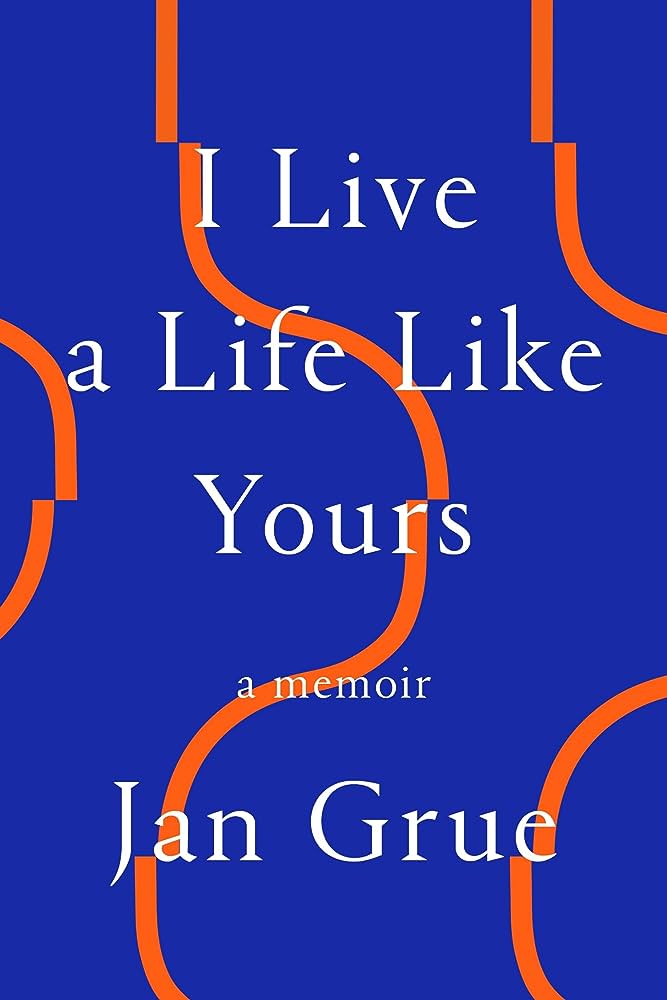As the summer comes to an end, I would like to share a book that I read this year and highly recommend.
I listened to the audiobook, I Live a Life Like Yours, available in the library’s OverDrive collection. I don’t remember exactly how it came to my attention, but it may have been this Guardian review. It interested me because I always need to be reminded that I experience the world as an able-bodied person. What does that mean, anyway? I can walk upstairs, run out of the rain, step over the wide gap to get onto the T’s Green Line. These things are something someone in a wheelchair can’t do. In this book, Jan Grue tells his personal story, making the point that he may have physical limitations, but he experiences the same joys and sorrows that everyone does.
I listened to it 26 weeks ago (according to my Libby app from OverDrive) but others will tell you that I have mentioned it several times. It made an impression.
First, the title basically says, “Don’t think that I am less than you.” Grue does speak to the challenges he has faced, weaving them into the ways his life is amazing, including his family and career. He speaks about the hierarchy of disability, sharing how he compared himself to others at camp for “kids like him.” Was he better because his disability was less restrictive? How does their physical strength or fine motor skills compare to him? He had physical limitations but, like many of us, he would decide he was better than another. He was a child like all of us, sometimes comparing qualities (perceived or visible).
He tells the story of being carried and dropped, of the challenge to find the only handicap accessible bathroom in an airport, and several other anecdotes. But he doesn’t want people to feel sorry for him.
The book reminds the reader that although Grue has experienced many barriers, there are still many open doors. I should not think that his life is less than mine, just different. I feel like I should be aware of those challenges and barriers, though. I will try to be more aware, not only of my perceptions but of my surroundings. Are they accessible to everyone? I haven’t had to consider it for myself, but shouldn’t I still think about it?
There is a lot in this book, and I have barely touched on it. I suggest reading or listening to it as I did.

